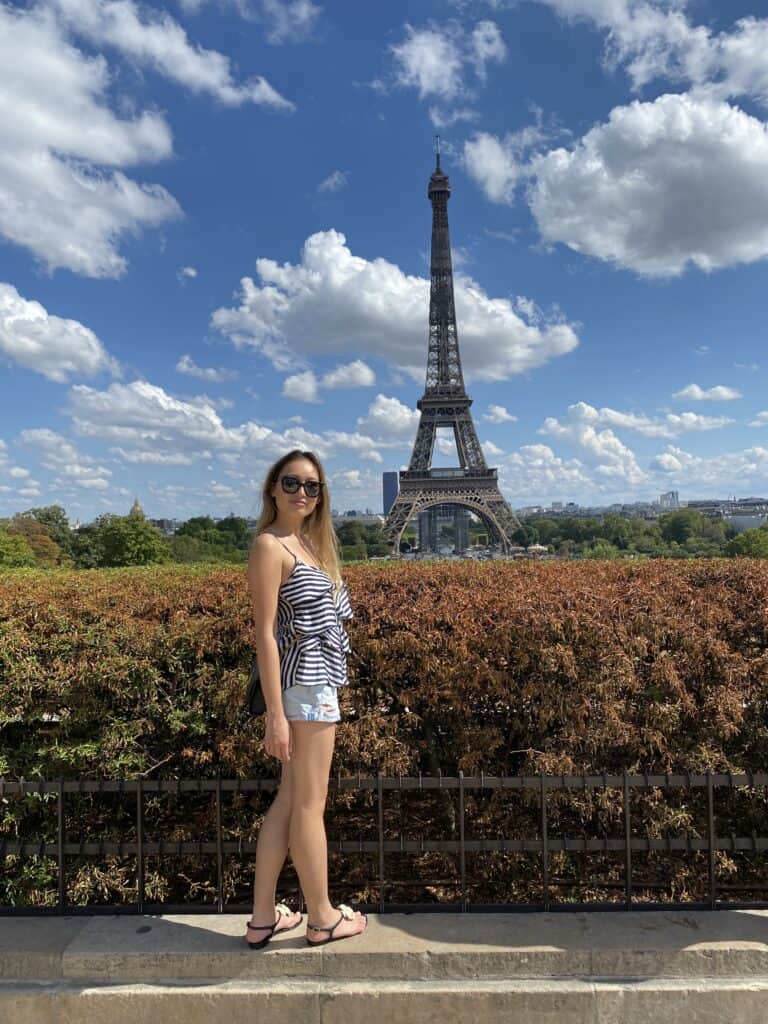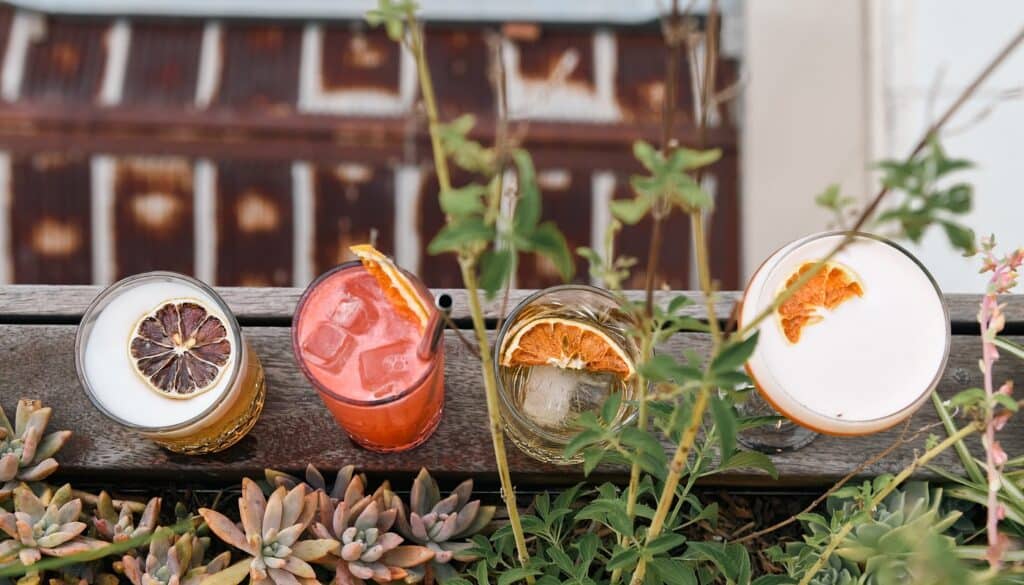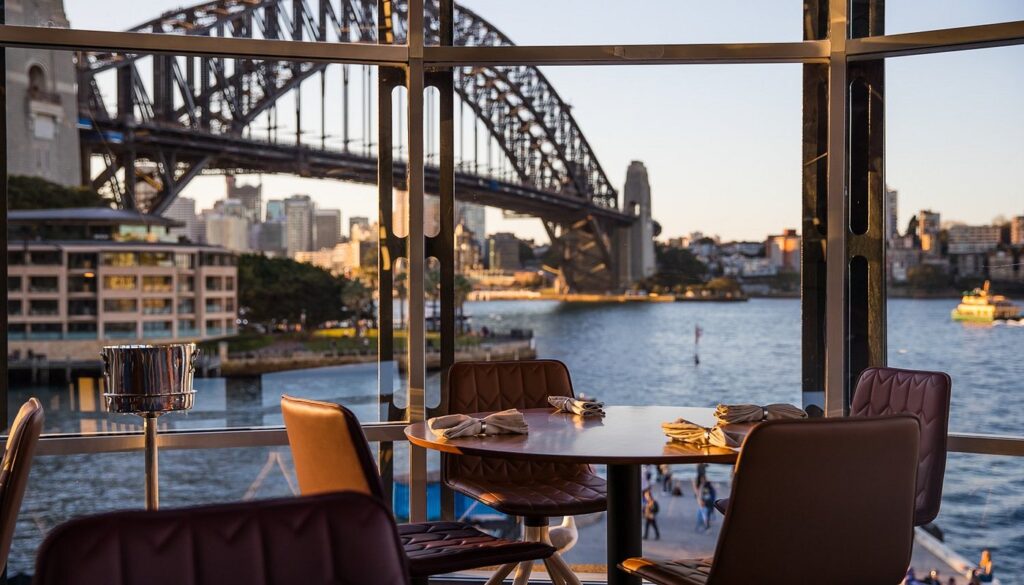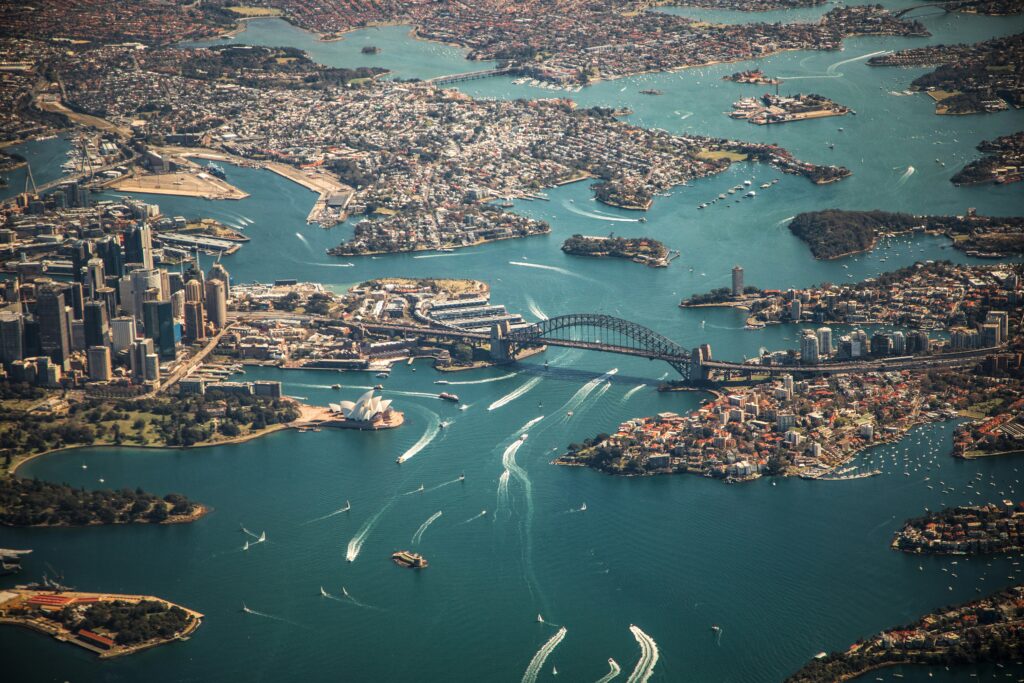France
Travel Guide
Another country that I was able to call home. France holds a place in my heart as it has been my dream ever since I was a little girl to visit. Also, it was my first overseas trip, and again, I mentioned I also lived there.
What makes France so unique? It is that sophisticated European feel, with the lights, food, romance and glamour that you imagined Europe to be.
If you want some advice on how to experience France as a local, you have come to the right place in this France Travel Guide for Female Solo Travelers.

Destinations
- PARIS
- NICE
- ST TROPEZ
- CANNES
- NORMANDY
Best time to visit
The best time to visit France depends on what you want to experience:
- Spring (April – June) – One of the best times to visit! The weather is mild, flowers are blooming, and tourist crowds are lower than in summer. Great for exploring cities, countryside, and vineyards.
- Summer (July – August) – Peak tourist season with warm weather and long daylight hours. Perfect for beaches in the French Riviera but expect crowds, higher prices, and some businesses in Paris closing in August for summer holidays.
- Fall (September – October) – Ideal for wine lovers as it’s harvest season in regions like Bordeaux and Burgundy. The weather is still pleasant, and crowds are smaller than in summer.
- Winter (November – March) – Best for skiing in the French Alps and enjoying festive Christmas markets. Paris and other major cities are quieter, and prices are lower, but expect colder temperatures.
Know before you go
Language: French
Currency: Euro
Cash and Card: In France, both cash and cards (Visa & Mastercard) are widely accepted, but it’s good to carry some euros for small purchases, as some places have minimum card spending requirements or may not accept cards.
Tipping: Tipping in France is not mandatory since a service charge (service compris) is already included in restaurant bills. However, it’s common to round up the bill or leave small change for good service. A small tip (5-10%) is appreciated but not expected in cafes, taxis, and hotels.
Plugs: Type E
Apps: Blablacar, Uber
Emergency Number: 112
Sim Card Provider: Orange, SFR, Bouygues Telecom, Free Mobile
Must see attractions
TBA
Food recommendations
TBA
Evening hotspots
TBA
Safety
France is generally a safe country for tourists, including solo female travellers, but like any destination, it’s essential to stay aware of your surroundings. Pickpocketing is common in tourist areas, particularly in places like the Eiffel Tower, the Louvre, the metro, and along the Champs-Élysées, so keeping your valuables secure and being cautious of distractions is essential. While public transport, including the metro and trains, is safe, avoiding empty carriages late at night is a good idea, as well as being mindful of bag snatchers. Be cautious of scams, such as fake petitions or bracelet scams, and overly friendly strangers asking for help. When enjoying nightlife, it’s best to stick to well-lit areas, avoid isolated streets, and use trusted transport apps like Uber at night. France is also known for strikes and demonstrations, which can disrupt public transport, so staying updated on local news is helpful.
Travel Advice
Can I drink tap water in France?
Yes, tap water is safe to drink throughout France. In restaurants, you can ask for “une carafe d’eau” if you prefer tap water.
What is the legal drinking age in France?
The legal drinking age in France is 18 for both alcohol in bars and purchasing alcohol in stores.
How do I get from the airport to the city center in France?
Major airports in France offer public transportation (trains, buses, metro), taxis, or shuttle services to the city center. Some airports also have car rental services.
What is the French healthcare system like for tourists?
France has an excellent healthcare system, but for tourists, it’s advisable to have travel insurance that covers medical expenses. EU citizens can use their EHIC (European Health Insurance Card) for basic medical care.
Are there any public holidays in France I should be aware of?
Yes, France has several public holidays, such as Bastille Day (July 14), Christmas Day (December 25), and New Year’s Day (January 1). Many businesses may close or have reduced hours on these days.
Are there any cultural customs I should be aware of in France?
It’s common to greet people with a “bonjour” (good day) or “bonsoir” (good evening) before speaking. In smaller towns, greeting shopkeepers or restaurant staff when entering is polite.
Can I drink alcohol in public places in France?
Yes, drinking alcohol in public places like parks and streets is generally allowed, although in some areas, there might be restrictions, especially in larger cities like Paris.
Become a
Solo Sister!
As a Solo Sister, you’ll gain access to exclusive resources, expert tips, and inspiring content designed to help you confidently embark on solo adventures and live the life you’ve always dreamed of.




